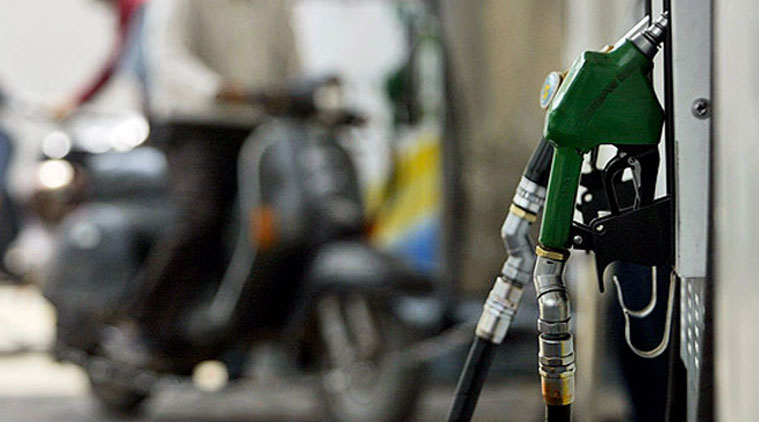Dear Prime Minister
National Biofuel Policy is neither forward-looking nor does it show clear thinking.

The priorities of the government in implementing the NBP were finding a solution to air pollution, maintaining affordable fuel prices, cleaner fuel options, energy self-sufficiency, and reduced crude oil imports.
I write this letter on behalf of the common man who’s grappling with skyrocketing fuel prices, while the Ministry of Petroleum and Natural Gas chases its ambitious targets based on ambiguous plans and questionable technologies. While the country is reeling from fuel price shock, in states like Odisha, the fuel blending rate is zero per cent.
In 2003, the Ethanol Blended Petrol Programme (EBP) focused on 5 per cent blending of molasses-based ethanol with petrol. By 2008, it pushed for the blending target of 10 per cent. These targets were not met. Yet in 2009, the National Biofuel Policy (NBP) proposed a target of 20 per cent blending for ethanol and biodiesel by 2017. Fuel blending with ethanol varies from 85 per cent (E85) in Australia to vehicles run on 100 per cent (E100) ethanol in Brazil, where the ethanol blending mandate is 27 per cent (E27). India has an abysmal 2-4 per cent blending rate.
The priorities of the government in implementing the NBP were finding a solution to air pollution, maintaining affordable fuel prices, cleaner fuel options, energy self-sufficiency, and reduced crude oil imports. Unfortunately, precious little has been done.
At a time when there is no defined roadmap for India, it is surprising that the National Biofuel Policy, 2018 is silent about octane, which has direct consequences of air quality and pollution — octane assists in proper combustion of fuels and thereby impacts vehicular emissions. Petrol is blended with cancer-causing imported aromatics to boost octane rating, with negative consequences on health and emissions.
Under the NBP, “a viability gap funding (VGF) scheme for 2G (second generation) ethanol bio refineries of Rs 5,000 crore in six years in addition to additional tax incentives, higher purchase price as compared to 1G (first generation) biofuels,” will be provided. The NBP 2018 asks for excessive expenditure from the exchequer for a technology (production of second-generation biofuels) that is untested and has not taken off commercially internationally. The setting up of a VGF, differential pricing for an experiment, is illogical. Why can we not exercise the option of 1G, which is a tried and tested mechanism, and is available?
So far, there’s an investment of Rs 10,000 crore to set up 12 2G bio refineries across six states. The foundation stone of a bio refinery — in Bathinda, Punjab — has been laid. Developments on the remaining bio refineries are shrouded in mystery. The government signed six MoUs with oil marketing companies, without any transparent process of selection. The criteria and reasons for awarding these MoUs is unknown.
The irony is the government is willing to spend thousands of crores on building colossal statues, yet is unwilling to spend on developing existing technologies to augment the generation and production of ethanol for a better future. The government needs to roll back the increase of central taxes on fuel, which was more than doubled after 2014. The government also needs to demonstrate clear thinking for increasing ethanol production to reduce oil imports and current account deficit. If necessary, the government should look at importing ethanol in the interim, thereby creating consistency of supply and necessary infrastructure to curb the pollution created by fossil-fuel burning. Facilitating import of ethanol will address the inconsistency in the availability of domestic ethanol and thereby ensure that the target of the present blending mandate of 10 per cent is achieved.
Appropriate blending of consistently available ethanol throughout the country will prevent octane savings to the tune of approximately Rs 3,000 crore. Ethanol, a cost-effective and less harmful oxygenate, can be a substitute for expensive and harmful imported aromatics like BTX. This will additionally contribute to foreign exchange savings worth Rs 1,500 crore. Interim import of ethanol should be considered while the domestic production of 1G is being increased and technology to produce 2G ethanol is still developing and proving its commercial viability.
These corrections in the policy will lead to lower fuel prices, cleaner air, foreign currency savings and efficiency in the oil economy.
The writer, a BJD MP, is a member of the Parliamentary Standing Committee on Petroleum and Natural Gas
For all the latest Opinion News, download Indian Express App







































No hay comentarios:
Publicar un comentario